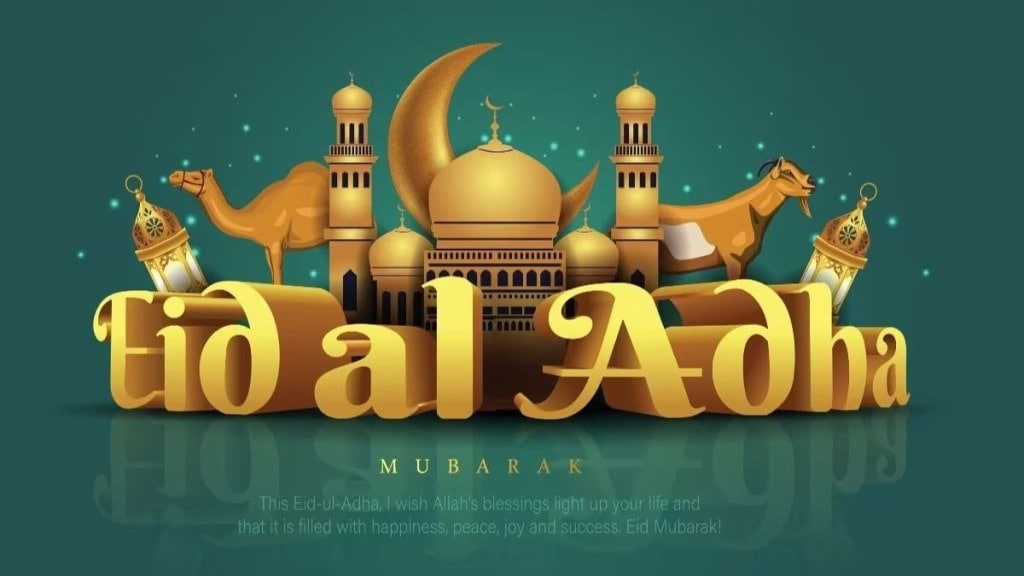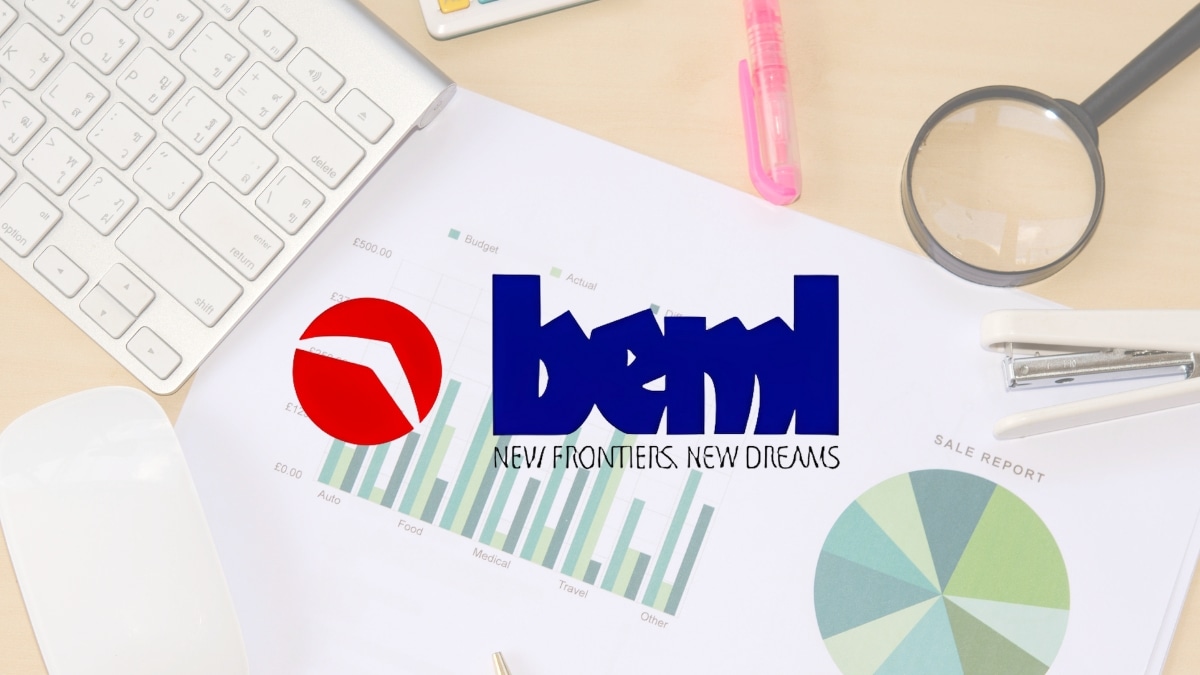Eid ul-Adha 2025 History: As Muslims around the world prepare to mark one of the most important dates in the Islamic calendar, India too is gearing up for Eid al-Adha, known locally as Bakrid, a festival that symbolises unwavering faith, sacrifice, and the spirit of giving.
Often referred to as the Festival of Sacrifice, Eid al-Adha honours the story of the Prophet Ibrahim, who, in a profound demonstration of devotion, was prepared to sacrifice his son, Ismail, in obedience to God’s command. According to Islamic tradition, just as the act was about to be carried out, God replaced the boy with a ram, signifying divine mercy and the acceptance of Ibrahim’s loyalty.
When is Bakrid 2025 in India?
This year, celebrations in India are expected to begin on the evening of Friday, June 6, with the main observances taking place on Saturday, June 7, 2025. As the Islamic calendar is based on lunar sightings, the exact date can vary.
According to Islamic Relief Worldwide, “The first 10 days of Dhul Hijjah 2025 are expected to begin on 28th May 2025, following the sighting of the moon. The 9th of Dhul Hijjah (the Day of Arafah) will be on 5th June 2025 and 10th Dhul Hijjah (Eid al Adha) will be on 6th June 2025. As the Islamic calendar is based on the lunar calendar, the 10 days of Dhul Hijjah take place 10 days earlier each year.”
Eid ul-Adha 2025 Significance
The story at the heart of Eid al-Adha serves as a powerful lesson in obedience and trust in divine wisdom. For Muslims, it is a time not only to remember Prophet Ibrahim’s devotion but also to reflect on the values of selflessness, compassion, and communal responsibility.
Tied closely with the annual Hajj pilgrimage — a once-in-a-lifetime obligation for Muslims who are physically and financially capable — Eid al-Adha carries deep spiritual significance. The festival coincides with the completion of Hajj, which takes place in Mecca, Saudi Arabia, every year during the Islamic month of Dhu al-Hijjah.
Why is animal sacrificed on Eid ul-Adha? traditions and celebrations
Across the world, and particularly in South Asia, the festival is marked by several important traditions.
A key ritual involves the Qurbani, or the sacrificial slaughter of an animal — typically a goat, sheep, cow, or camel — symbolizing Ibrahim’s willingness to give up something precious in the path of God. The meat from the sacrifice is divided into three equal parts: one portion for the family, another for relatives and friends, and the final portion reserved for those in need.
On the morning of Eid, Muslims gather at mosques or open grounds to offer the special Eid namaaz, a congregational prayer led by an Imam. The service includes a sermon, or khutbah, where messages of gratitude, sacrifice, and compassion are shared with the community.
Eid ul-Adha 2025 traditions and celebrations
Beyond the religious practices, Eid al-Adha is a time for joy, reunion, and charitable acts. People dress in their finest clothes, greet each other with “Eid Mubarak,” and share meals and gifts. Families also take the opportunity to visit the graves of deceased loved ones, offering prayers and remembrance.
In line with the festival’s spirit, many Muslims use the occasion to extend kindness beyond their households. Charitable giving increases significantly during this time, as believers provide food, clothing, and monetary assistance to the less fortunate. The emphasis on sharing ensures that the blessings of Eid reach all corners of the community.
While Saudi Arabia and many Gulf countries observe Eid al-Adha a day earlier, countries like India, Pakistan, Bangladesh, and Malaysia typically celebrate the festival a day later. Despite the variation in dates, the essence of the celebration remains the same.
In homes across India, the day begins with prayer and sacrifice, followed by a hearty feast featuring dishes made from the sacrificial meat. The food is shared generously with family, neighbors, and the underprivileged — no one is left behind in the festivities.
Communities also take this time to foster interfaith dialogue and understanding. It’s not uncommon for Muslim families to invite non-Muslim friends, neighbors, and colleagues to join in the celebrations, helping build bridges across cultures and faiths.
As India gets ready for Eid al-Adha 2025, the festival serves as a timely reminder of the power of faith, the importance of compassion, and the strength of community.








